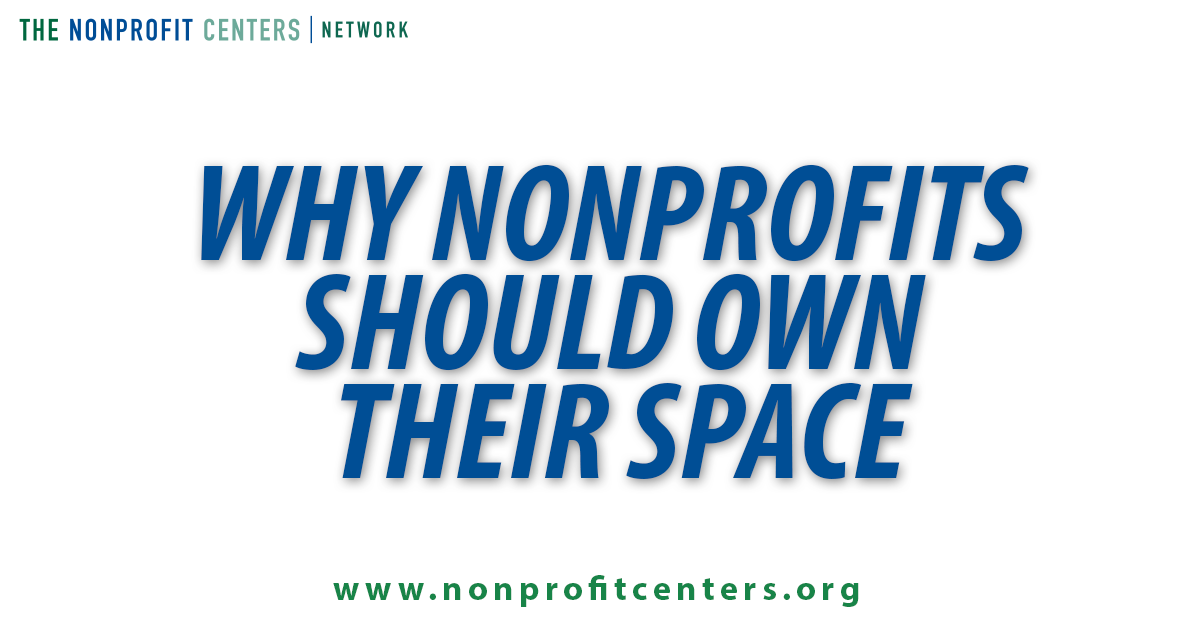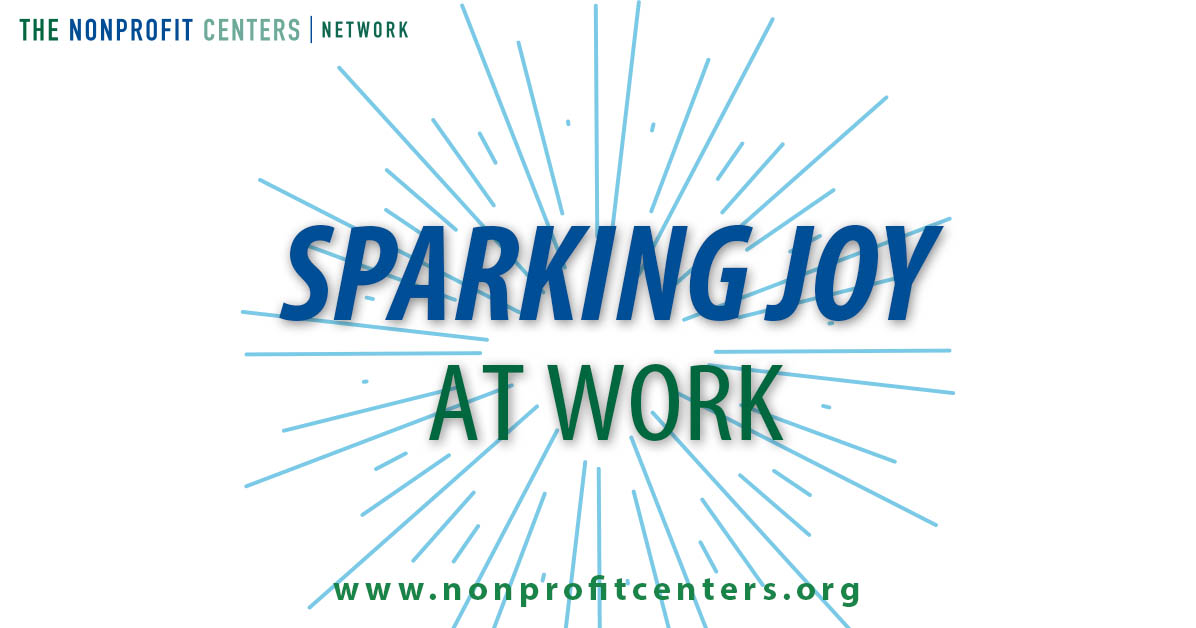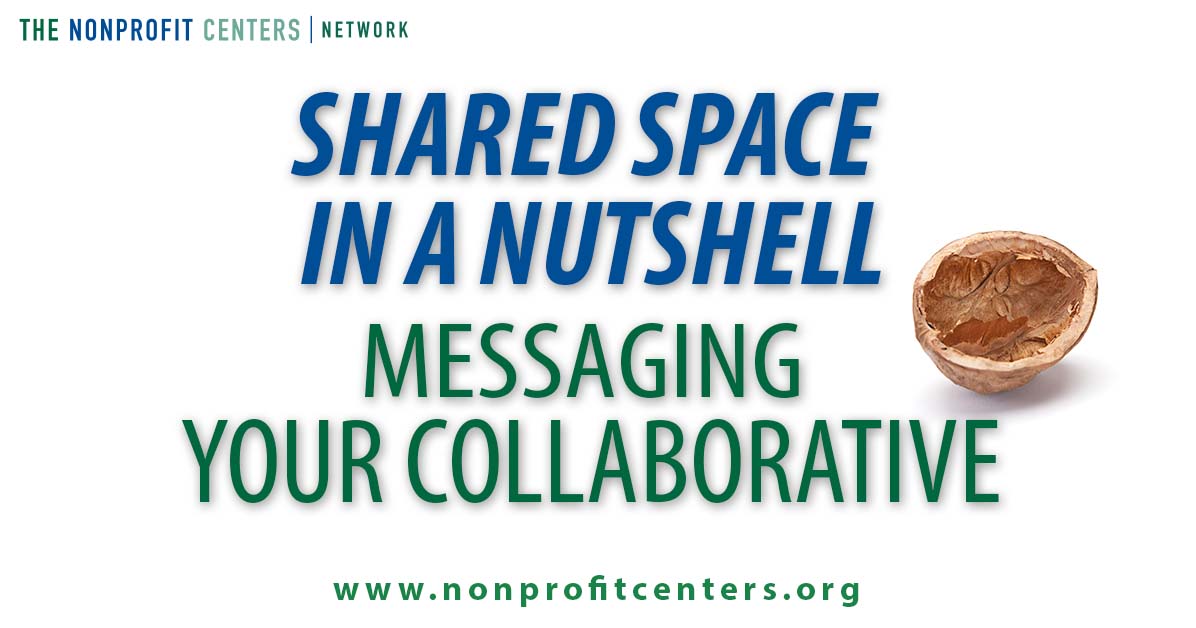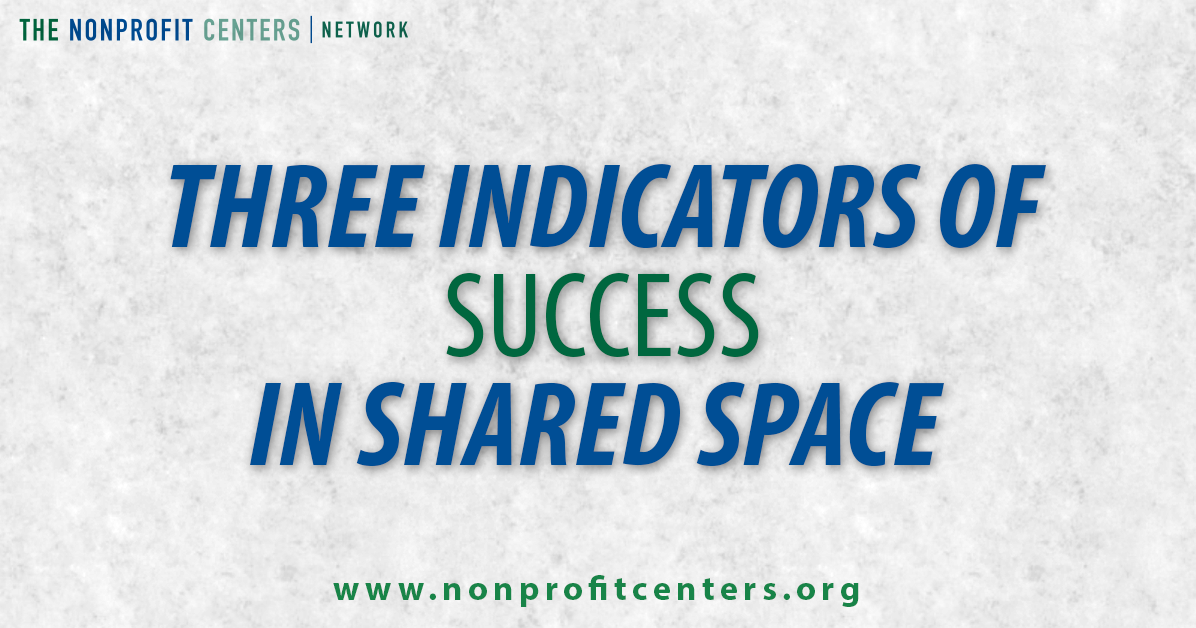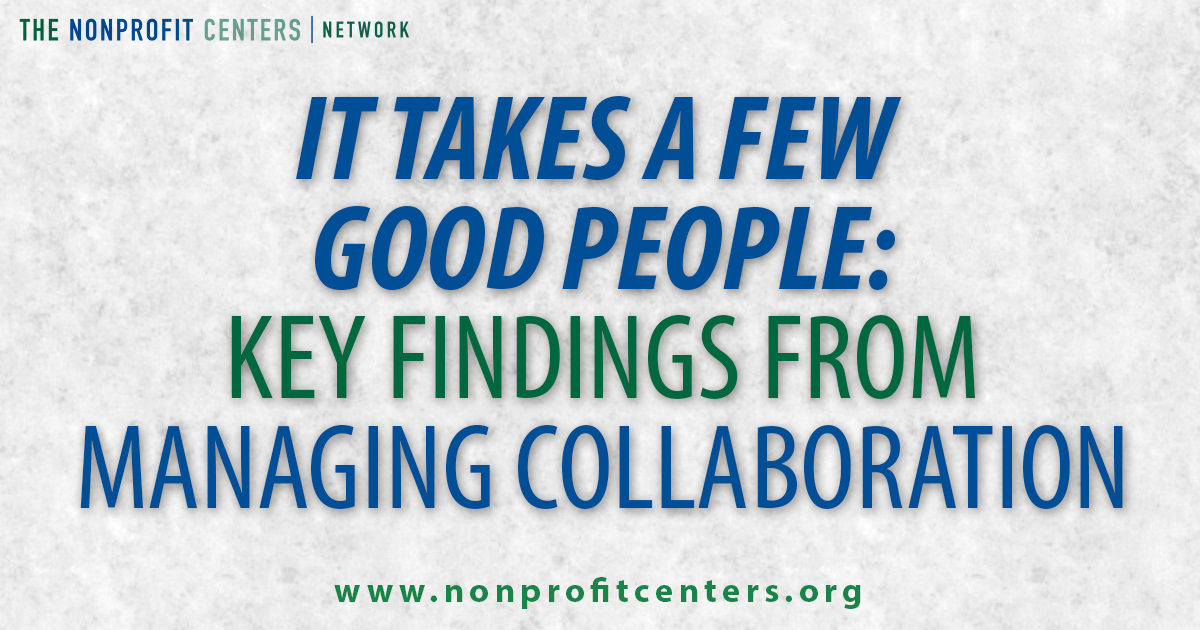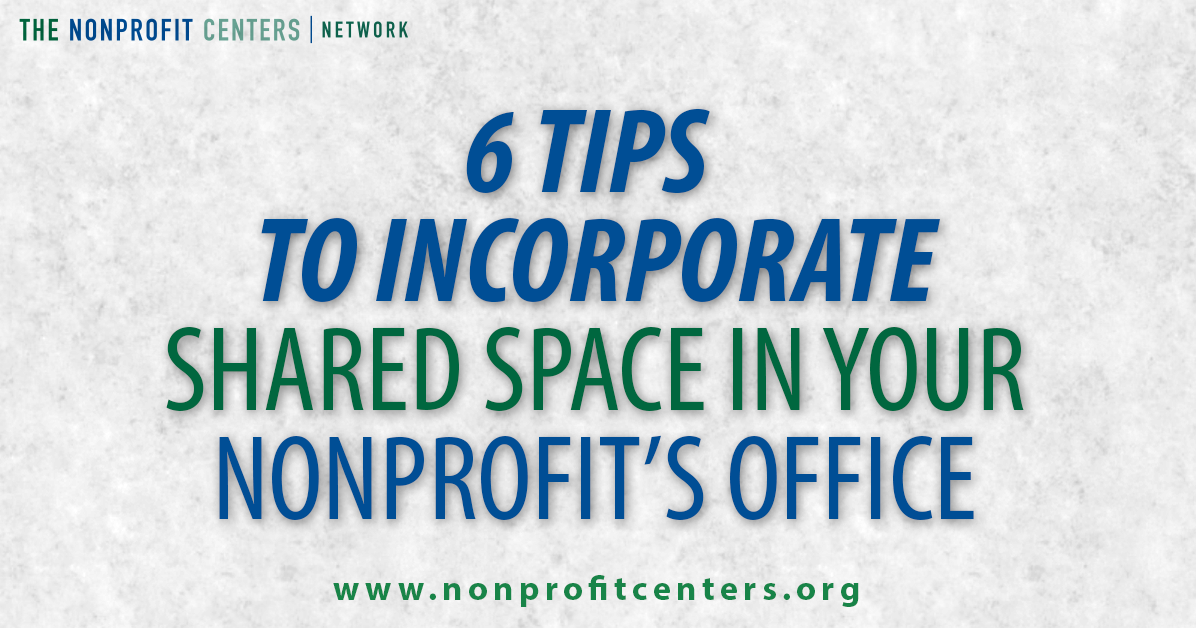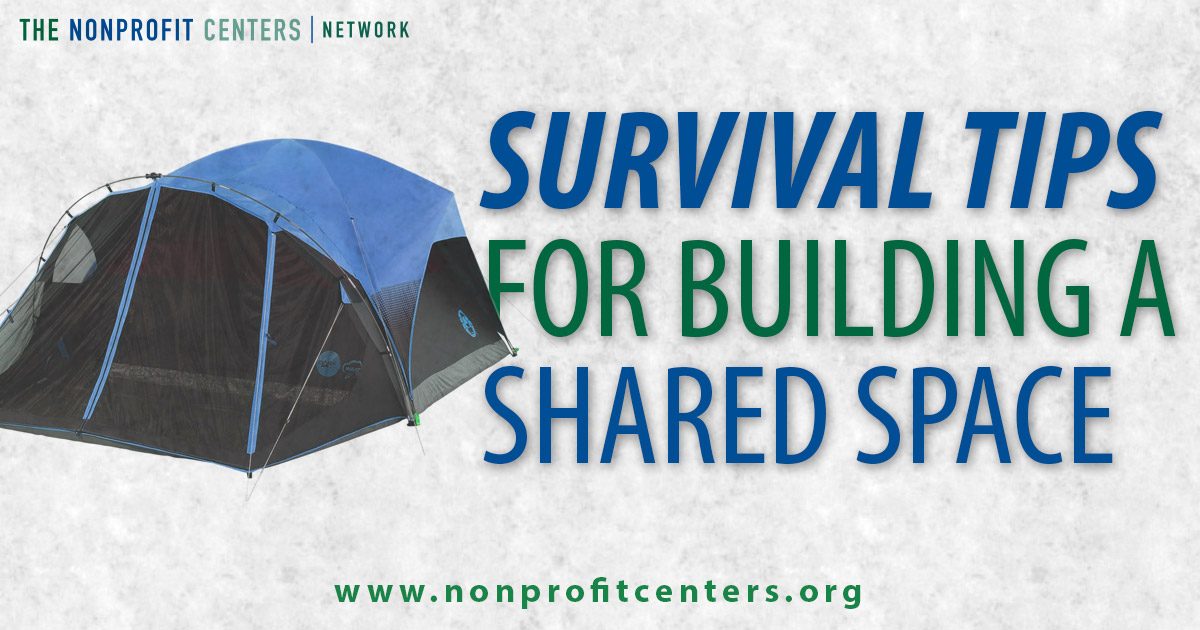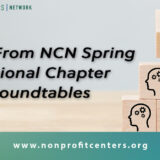NCN’s Steering Committee Member Saul Ettlin, a real estate consultant for Community Vision in San Francisco, CA, was recently featured in Shelterforce Magazine’s Spring 2019 issue. His article “Buying Power: Why Nonprofits Should Own Their Own Space” highlights four important reasons that locally-based organizations should own a building where they work. Saul writes: Nonprofits, and the wide range of human, social, cultural, and artistic services they provide, can be critical to anchoring communities and stabilizing neighborhoods. When they’re invested in the place in which they’re located, nonprofits become important hubs that create opportunities for those they serve; they lift up voices, and build placed-based power. For these groups to be successful in meeting their missions, they must be resilient themselves.

I admit it. I recently watched an episode of “Tidying Up,” Marie Kondo’s new reality series about home organizing and I found it compelling. Participants sorted through all of their belongings to recognize and focus on what they truly loved and get rid of the rest.I wonder about applying this strategy at work. What would work feel like if we were able to focus more time and attention on the tasks that spark joy, the tasks that relate to our missions?For myself at the Nonprofit Centers Network, I recognize that what really floats my boat is working with organizations and communities interested in sharing space, services, time, and knowledge. I see how these innovative strategies allow organizations to access necessary resources, run more efficiently, be more impactful, and develop a greater focus on mission. Conversely, what sparks my anxiety is bookkeeping.
When you provide shared space or back office services for nonprofits it can be a challenge to explain what exactly it is that you do. This was the focus of NCN’s virtual Community of Practice last week. Honing our message is a continual work in progress. For many years, we’ve included Simon Sinek’s “Start with Why” TED Talk in our Nonprofit Centers Boot Camp Curriculum. While providing affordable space for nonprofits is a noble endeavor, most of us are in this field for a greater purpose. Sinek argues that if you can articulate the “Why” behind the “What” that you do, you will be more success and convincing people to support your cause. Another tool that I have found to be incredibly useful is Mission Minded’s Minute Messaging Model, which was recently featured on their blog. Mission Minded asks people to develop a series of timed stories about their mission:
I’ve been reflecting on the biggest lessons I’ve learned about mission-driven shared spaces. Here’s what I would tell someone new to the field. #1 – Find the Bullseye – Nonprofit centers that have a very clear goal that resonates with the community tend to be more successful. A clear goal allows the center to brand itself and communicates the value of locating there. They can build a quicker buzz than a center with a more generic focus. Tenants understand the benefits of co-locating and clients and community members know where to access resources. NCN’s survey data has shown that centers tend to be more financially sustainable when they are organized around a specific theme or goal. #2 – Get a Backbone – Start-up nonprofit centers are more successful when there is a project manager to shepherd the project through development. Many groups try to build their centers by committee, which can seem more financially responsible, but in my experience, hiring someone to champion the project, schedule meetings, follow up on to-do lists and monitor the budget is the better option.
At some point, every nonprofit struggles with the question of whether to lease office space or whether they should buy. Board members may feel like they are “wasting” money on rent, when they could be investing in a commercial property. On the flip side, many nonprofits get in over their heads by buying a bigger building than they can sustain.
Running a nonprofit shared space can be a challenge. In addition to the hard skills of leasing, facility maintenance, and tenant improvements, nonprofit center managers must also be equipped with the soft skills of culture management and facilitating partnerships in order to create meaningful collaborations among the tenant partners under one roof. In our 2015 State of the Shared Space Sector survey, we at NCN wanted to answer some long standing questions about what it really takes to run a nonprofit center. The full findings of our research can be found in Managing Collaboration: Staffing & Salaries in Shared Space (available for free download). Here are a few highlights:

Is your organization ready to get out of the rental market and build a lasting asset? You should consider including shared space for other organizations as part of your plan. While designing your project to generate revenue from shared space users, can strengthen your case to lenders and improve the long-term financial sustainability of your project, that’s not the real value. Shared space connects your organization and its work to a wider community of nonprofits or social ventures, increases staff retention by making your organization a more vibrant and interesting place to work, and raises your organization's profile through your role as a dynamic community hub.
Lately I’ve been working with a number of organizations who are in the early stages of a new shared space project. It’s an exciting time, but it can also quickly become stressful and chaotic. Here are some survival tips that will hopefully make your journey smoother. #1 – Communicate. Your project may shift, the ideal location may change, your partners may have second thoughts, but someone has to maintain clear communication to a variety of stakeholders (potential funders, potential tenants, government agencies, media, real estate professionals, etc). Commit to some type of regular communication, whether it’s a newsletter or notes emailed to a distribution list. It can prevent misunderstandings down the line and it establishes norms for your shared space around transparency, inclusivity and decision-making.
A recent question on Ask-NCN reminded me of a workshop I attended during our 2015 Building Opportunities Conference in Vancouver, BC on Identifying and Managing Risk in Social Purpose Real Estate. The presenter that resonated most with me was Mandy Hansen of Insight Specialty Consulting, who focused on ways that you can understand risk, especially risk from partnership. She suggested that all social purpose real estate projects (including nonprofit centers) conduct a “Risk Workshop,” a constructive way to assess potential issues. Here are the 4 steps to run your own Risk Workshop...

There’s a lot of change brewing in the commercial real estate (CRE) world. From how we work to what a new generation of workers want from their workplace, these shifts are impacting the design and offerings of office space. Some of these trends are maturing (like the open plan) and new ones are coming on the scene (like hackable workspaces). What’s exciting is that much of the new thinking is aligned with the values that are already important to those of us who own and operate social purpose real estate and easily builds on our efforts to develop robust communities while providing affordable, quality workspace.




